Questões de Língua Inglesa do ano 2012
Lista completa de Questões de Língua Inglesa do ano 2012 para resolução totalmente grátis. Selecione os assuntos no filtro de questões e comece a resolver exercícios.

In the structure: the latest technology, the inblack word is:
- A.
An inferiority comparative adjective;
- B.
A superiority comparative adjective;
- C.
A long superlative adjective;
- D.
A short regular superlative adjective;
- E.
A short irregular superlative adjective.

In text I, the term throughout is:
- A.
An adverb;
- B.
An adjective;
- C.
A preposition;
- D.
A conjunction;
- E.
None of the answers.
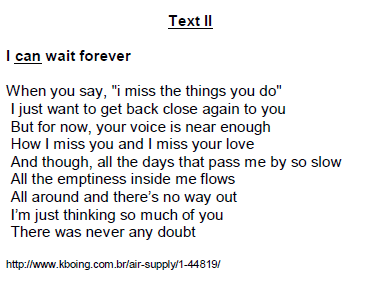
The underlined verb, in the title of text II, represents:
- A.
Permission;
- B.
Request;
- C.
Possibility;
- D.
Suggestion
- E.
None of the answers.
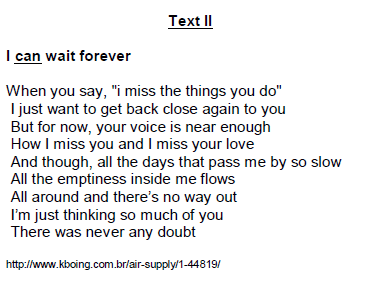
What is false about modal forms:
- A.
The most significant expression of modality is by means of modal verb;
- B.
The core modal verbs are: can, could, may, might, will, shall, would, should, must;
- C.
There is also a set of semi-modal verbs;
- D.
There are two main types of modal meaning;
- E.
None of the answers.
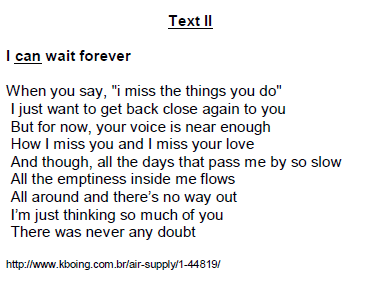
In the sentence: I just want to get back close again to you, in text II, the in-black term indicates:
- A.
Adjective;
- B.
Adverb;
- C.
Conjunction;
- D.
Noun;
- E.
None of the answers.
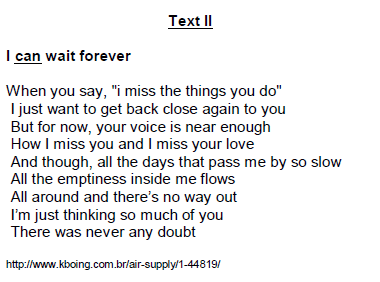
In the sentence: All the emptiness inside me flows, the in-black term indicates:
- A.
Compound indefinite pronoun;
- B.
Determiner indefinite pronoun;
- C.
Reflexive pronoun;
- D.
Adverb indefinite pronoun;
- E.
None of the answers.
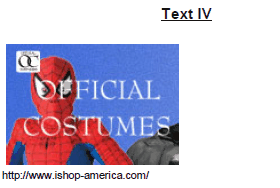
The mentioned word, in question 15, is:
- A.
A noun;
- B.
An adjective;
- C.
An adverb;
- D.
A verb;
- E.
None of the answers.
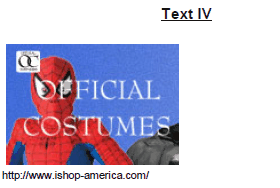
Mark the alternative that presents the false aspect of present perfect progressive form:
- A.
The progressive form is not normally used with punctual verbs such as start, stop, finish, which refer to actions that are completed at a single point in time;
- B.
The progressive form is often used for events which started in the past and are still continuing, or which have stopped, but whose effects are still continuing;
- C.
The difference between the present perfect simple and the present perfect progressive may sometimes be between an emphasis on the event itself as a progressive, extended activity (progressive form), compared with the results of the event, or some other, secondary reference to the event (simple form);
- D.
Both forms may refer to completed events;
- E.
The progressive form of the present perfect can emphasise completion of an event when used with verbs denoting actions or events.
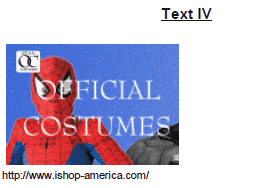
Mark the alternative that presents the true fact about past perfect:
- A.
It refers to a time-frame leading up to the moment of speaking, so the past perfect refers to a time-frame leading up to a point in the past;
- B.
It refers to a time-frame that is in some way separated from the present; there is a break between the completion of the event and the present moment;
- C.
It suggests that the events may be seen more as background or of secondary importance;
- D.
It is often used for events which started in the past and are still continuing, or which have stopped, but whose effects are still continuing;
- E.
None of the answers.
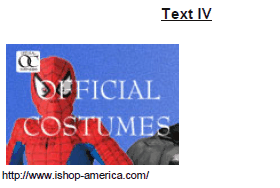
Mark the incorrect alternative in terms of article THE and ZERO ARTICLE:
- A.
I dont think the internet will ever completely replace books;
- B.
I dont think the internet will ever completely replace the books;
- C.
Life has its moments of frustration for all of us;
- D.
Yeah. Thats what Ive used on the furniture Ivemade, you know, the TV table and stuff;
- E.
If youre going to paint the wall, well have to move the furniture.


